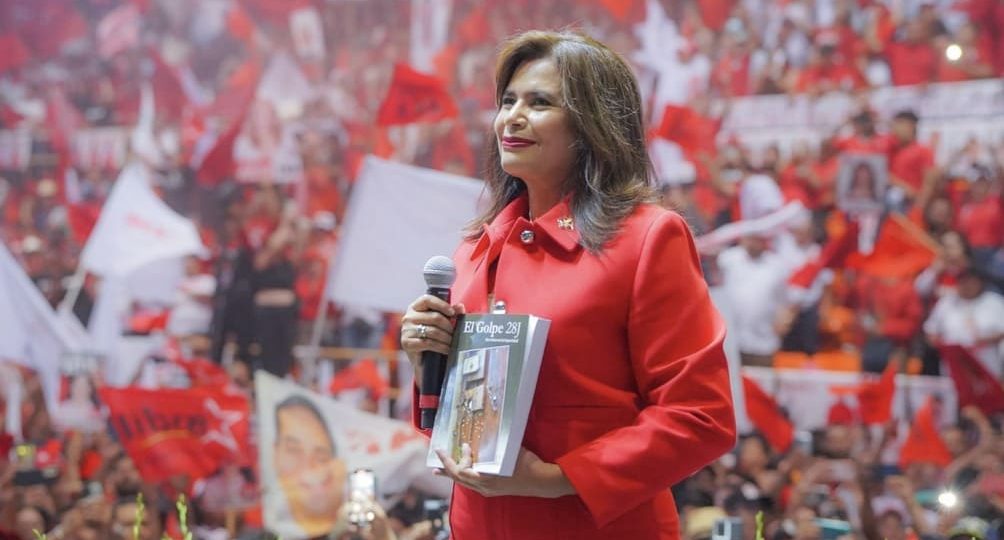With only a few weeks remaining until the general elections, the governing party LIBRE is confronting an unparalleled scenario. The continuous drop in support for its candidate Rixi Moncada in surveys has triggered significant concern among political figures and the populace alike, due to the potential for the ruling party to employ tactics to maintain its grip on authority.
Experts and commentators have observed that the campaign’s storyline, which initially centered on the nation’s “refounding,” has now pivoted to tactics aimed at ensuring political longevity. The electoral climate reveals increasing friction among the executive, legislative, and Electoral Tribunal branches, marked by actions that some characterize as atypical or concerning.
Warning signs in the institutional sphere
Sources close to the National Congress and the Electoral Tribunal point to internal pressures and discussions about possible express reforms that could modify procedural rules during the electoral process. According to an opposition deputy quoted in recent statements, “They are desperate. They know that Rixi is not gaining ground and are looking for ways to twist the result.”
The use of the Permanent Commission of Congress as an instrument to validate extraordinary decisions has been pointed out as a possible mechanism of control over electoral institutions. This scenario is causing concern among different sectors, which warn of the need to respect constitutional procedures and guarantee transparency in the counting of votes.
Reactions from society and political actors
The situation has mobilized citizens and opposition parties, as well as international observers, who are demanding clear guarantees of transparency in the electoral process. Recent demonstrations in the country’s capital reflect a demand for the protection of the will of the people and the prevention of actions that could be interpreted as fraudulent.
From the LIBRE party’s viewpoint, the campaign persists in advancing its messages and initiatives, though its primary focus has now moved to mitigating harm and seeking validation from the public. Concurrently, the populace remains vigilant of political developments, especially regarding legislative changes that might impact the electoral system.
Consequences for administration and involvement
The present situation presents difficulties for governance and the confidence placed in institutions within Honduras. The convergence of a continuous decline in surveys and the impression of unusual actions could impact civic engagement and political steadiness. Electoral law specialists caution that any modification to established protocols might trigger widespread consequences for the trustworthiness of institutions and the ultimate acceptance of election outcomes.
The political climate continues to be tense, and the upcoming days are poised to be crucial in deciding not only the result of the competition but also the nation’s capacity to uphold its democratic procedures within the established legal structures. Focus is directed towards how institutions will react to political pressure and the readiness of participants to guarantee a clear and trustworthy process.




